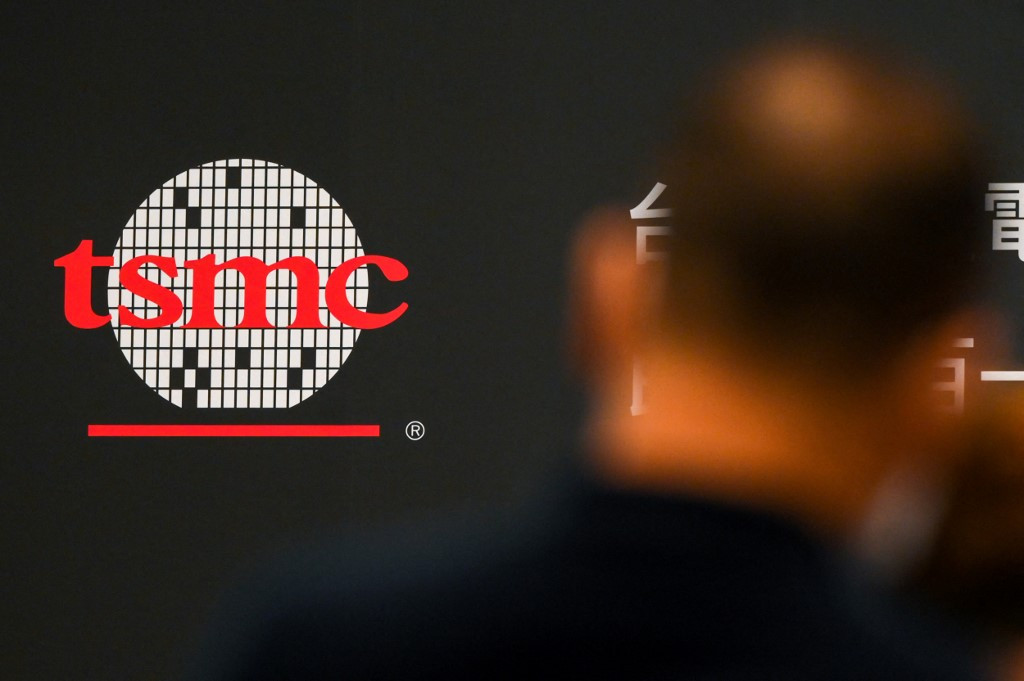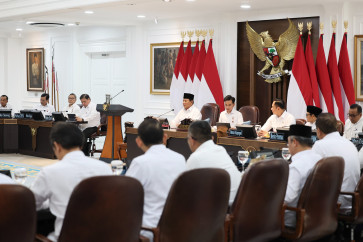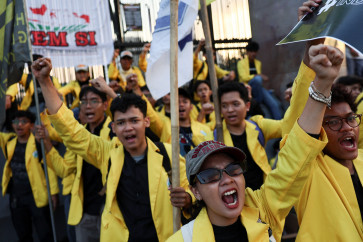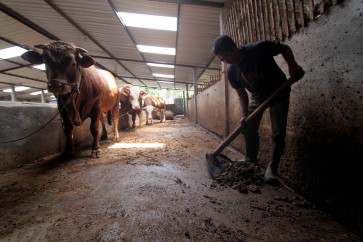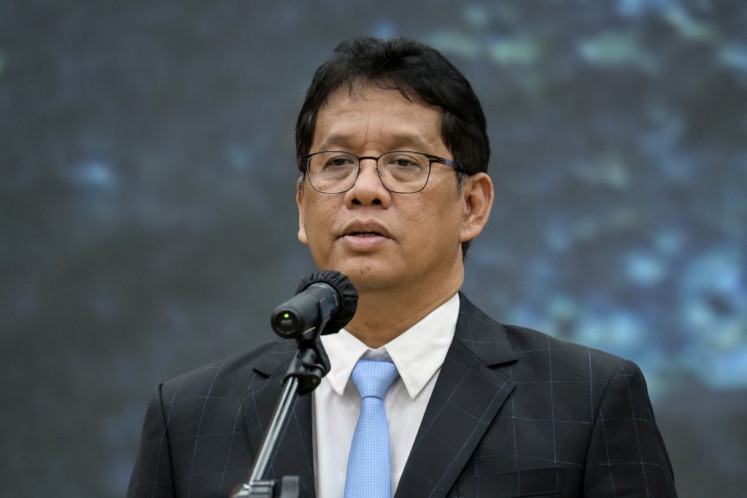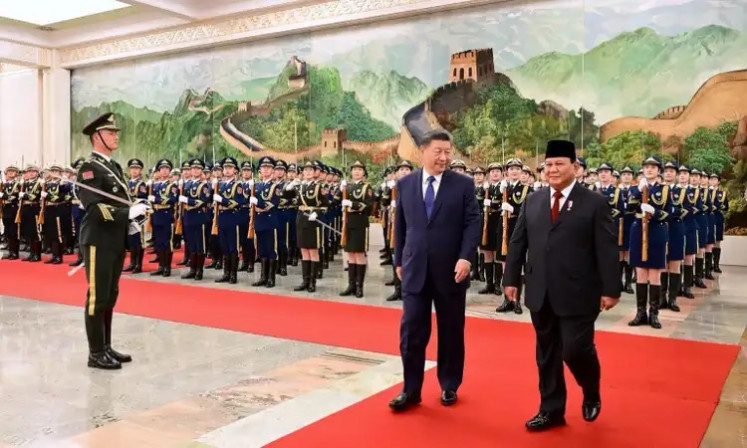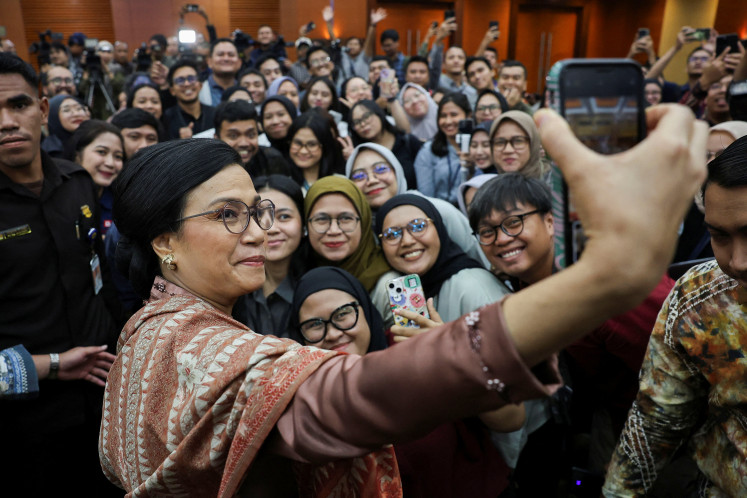Popular Reads
Top Results
Can't find what you're looking for?
View all search resultsPopular Reads
Top Results
Can't find what you're looking for?
View all search resultsGermany gets Taiwan chip giant TSMC’s first European plant
Total investments in the factory, TSMC’s first in Europe, are expected to exceed 10 billion euros, with “strong support from the European Union and German government”, along with TSMC’s partners in the project.
Change text size
Gift Premium Articles
to Anyone
T
aiwan Semiconductor Manufacturing Company (TSMC) agreed on Tuesday to plow 3.5 billion euros (US$3.8 billion) into a new semiconductor factory in Germany, lending a major boost to Europe’s efforts to bring production onto the continent.
Total investments in the factory, TSMC’s first in Europe, are expected to exceed 10 billion euros, with “strong support from the European Union and German government”, along with TSMC’s partners in the project.
TSMC would set up a joint venture with German groups Bosch and Infineon and Dutch firm NXP to build the plant, the companies said, with construction to begin in the second half of 2024.
The Taiwanese chip giant is a key player in the sector, controlling more than half the world’s output of microchips.
The facility in Germany was expected to begin production by the end of 2027, with monthly capacity to reach 40,000 300-millimeter wafers. It would also create about 2,000 direct jobs, the companies said.
Hailing the news, Chancellor Olaf Scholz said Germany “is now likely to become the major location for semiconductor production in Europe.”
This was important “for the future viability of our European continent and it is, of course, particularly important for the future viability of Germany”, he said.
Stung by the energy crisis unleashed by Russia’s war in Ukraine, Germany and its allies have been racing to slash dependencies on countries such as China and ramp up domestic production of sensitive components such as semiconductor chips.
The ambition set by the EU under its Chips Act is to increase Europe’s slice of global semiconductor production to 20 percent by 2030.
The chips are necessary to power everything from computers to smartphones and to missiles in an increasingly tech-dependent world.
EU industry commissioner Thierry Breton hailed the planned new plant as the Chips Act “in motion, bringing stronger security of supply for Europe, including for EU’s automotive industry”.
Tension between China and Taiwan, a self-ruled democracy that Beijing claims as its territory, has prompted the West to cast a wary eye on its reliance on TSMC.
The company’s new German factory will be based in the eastern city of Dresden in a region known as Silicon Saxony for its high-tech manufacturing base.
“Europe is a highly promising place for semiconductor innovation, particularly in the automotive and industrial fields, and we look forward to bringing those innovations to life on our advanced silicon technology with the talent in Europe,” TSMC chief executive C.C. Wei said in a statement.
Michael Kretschmer, the leader of Saxony state where the plant will be based, said the project would have an impact across the region.
“It will generate billions in investment and many jobs, both directly and indirectly, including in skilled trades and for small- and medium-sized enterprises,” he said.
But the German chip drive faces numerous challenges, ranging from high energy prices following Russia’s invasion of Ukraine to shortages of skilled workers.
In June, Berlin and Intel signed a deal for the United States chip behemoth to build manufacturing sites in the eastern city of Magdeburg after months of tense negotiations.
Berlin is providing 9.9 billion euros for the 33-billion-euro project, but the huge level of state support has proved controversial, with some questioning whether the investment is worth it.
TSMC did not disclose the level of financial support from Germany, but business weekly Handelsblatt reported on Monday that it would reach 5 billion euros.

